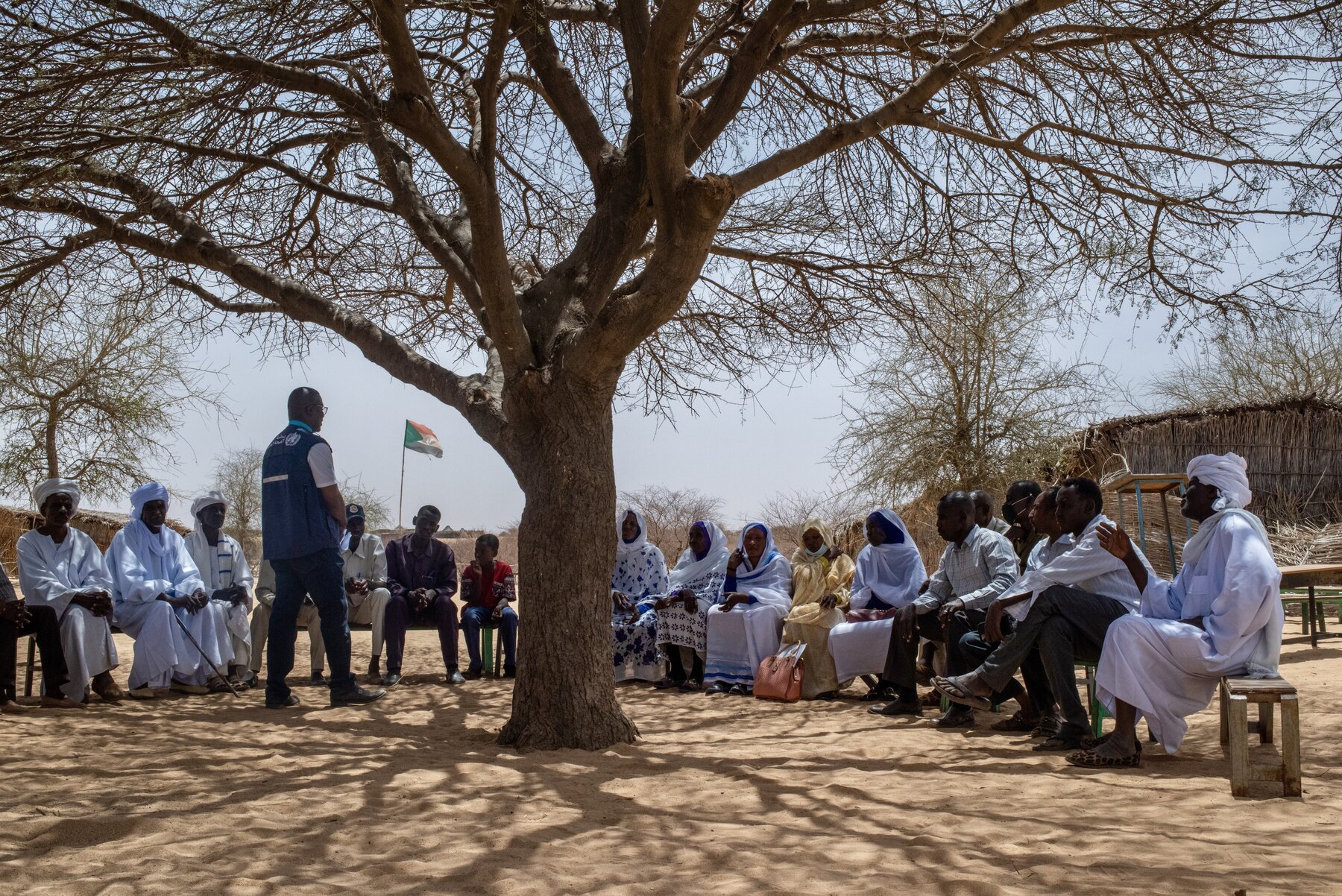HDC Evaluation 2023
Cambridge Economic Policy Associates (CEPA) was appointed by the Health Data Collaborative to undertake an external independent evaluation. This evaluation was undertaken in 2023, recognising this is the midpoint of the 2015-2030 Sustainable Development Goals (SDGs), and covered the period between June 2015 and December 2022. The objective of the evaluation was to help the HDC to reorientate itself to focus and address necessary data needs to speed up progress to the 2030 health-related SDGs.
Draft conclusions and recommendations were presented in August 2023, which received feedback and a workshop reviewed the final recommendations so that they are owned and can be implemented through the HDC work plan.
The objectives of this workshop were:
• To present the final report and recommendations of the evaluation
• To agree on implementation of the recommendations in the next 6 months
• To define clear roles
Click here for the workshop agenda and here for the workshop Powerpoint slides.
Click here for the workshop report.
Click here to read the final report of the evaluation.
Click here to read the evaluation country case studies.
The recording of the HDC Evaluation Workshop is available to watch for those who missed it!
HDC Evaluation in a nutshell
Timeframe covered | June 2015-December 2022 |
Evaluation period | March-September 2023 |
External evaluation team | Cambridge Economic Policy Associates (CEPA) |
Objective | To reorientate the HDC to focus and address necessary data needs to speed up progress to the 2030 health-related SDGs |
Methodology |
|
Recommendations | 2 strategic recommendations: scope and governance 3 operational recommendations: country engagement, working groups and communication |



